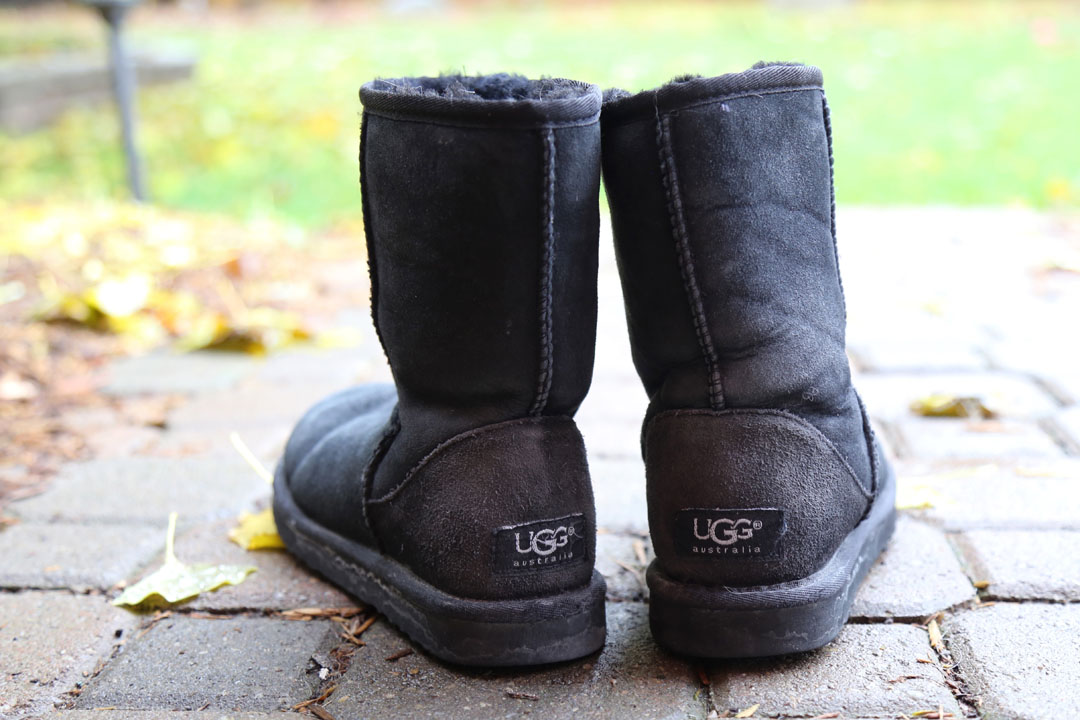One day, when I was in the third grade, a friend came up to me and said that I couldn’t be her friend anymore — her dad had said that my dad was a terrorist.
What even was a terrorist?
That was the first time that I was ‘othered’ because of where my family came from and because of our religious identity. My family immigrated from the Middle East to Winnipeg, one of the whitest cities in Canada at the time, before I was born. To top it off, we lived in one of the whitest neighbourhoods in Winnipeg, where over 70 per cent of the population was Caucasian.
The early 2000s were really not a good time to be Middle Eastern. So I tried not to be. All my friends were white girls, and I felt like one too. I was obsessed with the Jonas Brothers, watched Hannah Montana, had crushes on boys, and wore Uggs just like everyone else.
But I was never allowed to be just like everyone else. The comments about my family being terrorists persisted. My thick eyebrows and curly hair were mocked as well; they were visible reminders that, even if I acted like a white girl, I most definitely wasn’t one.
And it’s true; I’m not a white girl. One step into my family home will tell you as much. I did all that I could to act or look ‘white,’ rejecting anything that would attach me to my ethnic roots. I never brought friends over to my house to see my Middle Eastern décor or eat my mom’s Middle Eastern food. I dreaded questions about where I was from, especially the highly impolite “what are you?” which I got, and still get, on an almost daily basis.
By high school, I had found friends who accepted me, but I always kept my ethnicity as distant from my identity as I possibly could. That’s when the comments changed, and my friends often joked about me being the whitest brown girl they’d ever met. That comment always rubbed me the wrong way — as though, by nature of my skin being darker, I was not capable of taking part in the same culture as them, that it was a surprise that I didn’t have an accent, or that I was born here, or that I had the same pastimes and dreams that they did.
Even with a group of accepting friends, it seemed as though I would forever be the ‘brown girl,’ as though that would be my only identifier in a group of jocks, beauty queens, and nerds in a Breakfast Club life.
When I moved to Toronto for university, everything changed. It was the first time I had really experienced large-scale ethnic diversity. I embraced my ‘brownness’ more and more. No longer was being brown a point of contention; it became something that my friends were truly interested in learning about. I became more comfortable expressing my ‘ethnic’ side. I started to wear my hair natural, stopped plucking my eyebrows — although they never really grew back — and never felt the same level of anxiety when answering questions about where I was from.
The problem then became that I didn’t know anything about where I was from. I knew nothing of the culture, and my language skills grew worse by the day.
In a group of Iranian girls, I became the ‘white girl’ who couldn’t fit into their cultural circles. When they asked if my parents ever tried to teach me about the culture that they came from, I had to shamefully answer that they did, but I tried my best to close my eyes and ears and run away from it. I wanted nothing to do with being Iranian. Even to this day, it makes me uncomfortable to say I’m Iranian instead of the more white-friendly ‘Persian.’
I became so obsessed with being a white girl that I ended up in a limbo of being neither a white girl nor a brown girl — white girls think I’m brown, brown girls think I’m white. So then, what am I?
These are questions most second-generation immigrants have a hard time answering. We get stuck between the culture produced at home and the way of life that we see our peers lead and our outside surroundings suggest. It can be challenging, especially when you’re still growing up and figuring out who you are, to be perceived as a different person in different contexts.
What’s the most real version of me? Is it when I’m with my white friends or my brown friends? The answer is, I don’t know. I guess I’m just the whitest brown girl.
